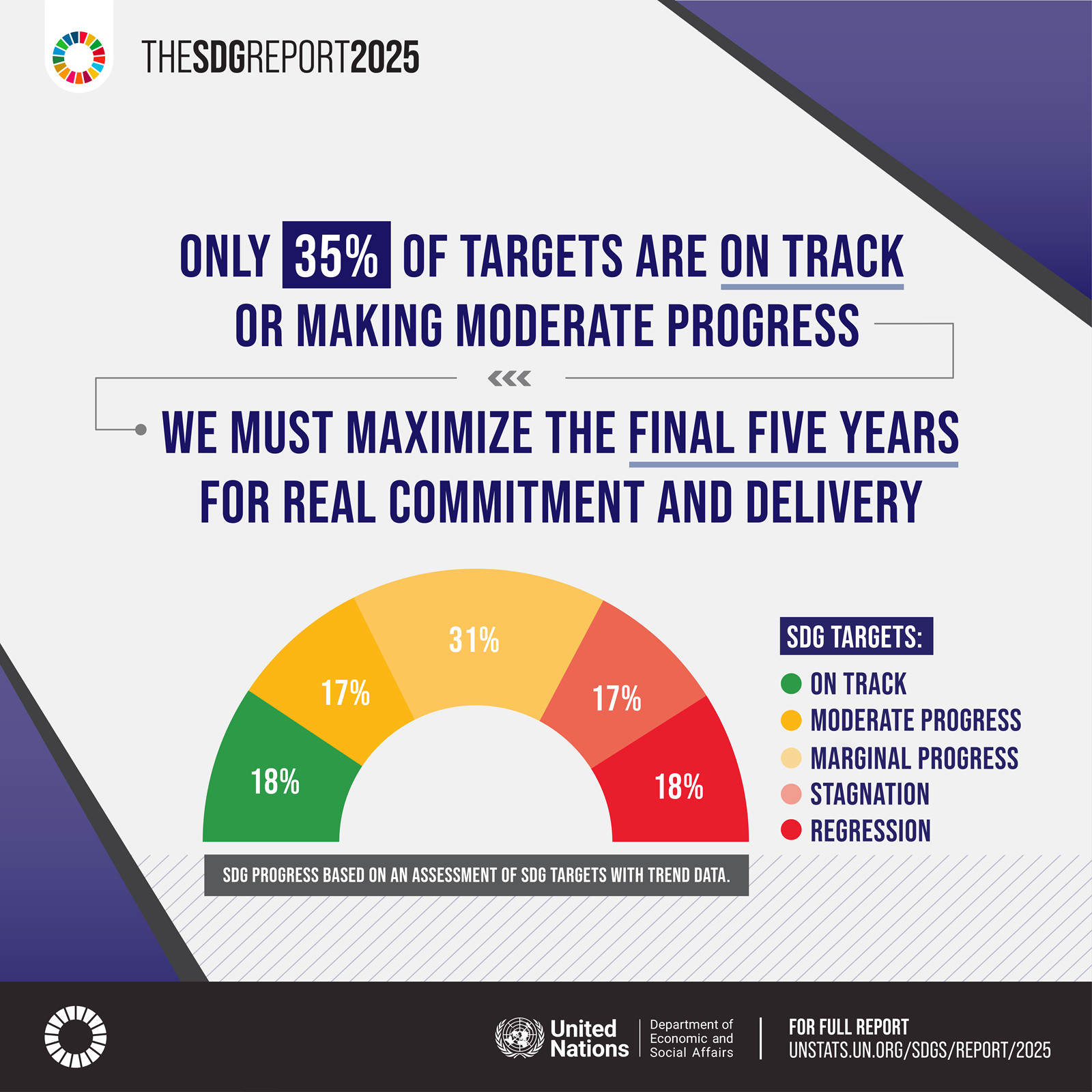Ahead of the UN High Level Political Forum (HLPF 2024) due to take place in New York (July 8 – 17, 2024), a Pre-HLPF CSO dialogue organised by the Uganda National NGO Forum at Mestil Hotel in Kampala, brought together a diverse range of actors in implementation of the Sustainable Development Goals (SDGs).
Climate action (SDG13) is one of the focus SDGs this time round, and Uganda will be among the 38 Countries that will present her VNR report at the HLPF 2024.
According to Uganda's Third National Communications to the UN Framework Convention on Climate Change (UNFCCC), Uganda faces numerous events associated with the adverse impacts of climate change. Record breaking occurrences of floods, devastating and frequent droughts and erratic rainfall patterns have been experienced. Severe impacts including landslides, loss of biodiversity, land degradation and increased incidences of diseases, pest and vector infestations in both humans and livestock have followed. The recurrent floods in River Nyamwamba in Kasese District on the slopes of The Rwenzori Mountains, and long droughts across the cattle-keeping belt of Uganda are always pointers to the magnitude of the menace.
Biomass is the most essential energy source for most Ugandan populations, accounting for 90.5% (2021) of the primary energy consumed. Also, Uganda’s electricity connectivity rate of 28% is still one of the lowest in Africa compared with the Sub-Saharan average of 43%. Access in rural areas is particularly low at 8%, with insufficient access to modern energy sources and services such as Liquefied Petroleum Gas (LPG), biogas and improved cookstoves for clean cooking.
The widespread dependence on biomass energy resources for cooking and heating using inefficient methods, such as traditional cookstoves, has resulted in rapid forest depletion for firewood and charcoal, among others. The National Environment Management Authority (NEMA Uganda) reported in 2020 that ‘Uganda suffers a degradation loss of USD 2.3 billion, of which 25% is wood fuels and that 2.6% of Uganda’s forests are cut down annually for firewood, charcoal, agriculture and to make way for population growth. If this trend persists, Uganda will lose all its forest cover in less than 25 years’.
In effect, while efforts out by Government to put in place enabling laws and policies to facilitate increased production and supply of energy as reported in the VNR 2024 are plausible, a lot more needs to be done to counter the rampant use of biomass for cooking is a silent killer for Uganda’s tree cover, agricultural and other and landscapes. The VNR report 2024 presentation made by Mr Pascal Byarugaba from the SDGs Secretariat (Office of the Prime minister) noted that one of the steps is to,’ Prioritise the generation and use of more renewable and clean energy resources, especially nuclear power and solar energy’. This is within the framework of the enabling laws and policies that Government of Uganda has put in place to facilitate increased production and supply of energy.
However, the increased unpredictable negative effects of climate change that have led to the loss of human life, property, crops and livestock cannot wait, as they have disrupted the already stretched service delivery by destroying infrastructure, including schools, health facilities, roads, water and sanitation, including the very energy grid facilities.
It is an urgent matter to have interventions that ensure access to affordable, reliable, sustainable and modern energy for all Ugandans. As noted by the UN Women Leave No One Behind Report, ‘the average monthly cost of electricity of Ugshs 25,538 is too high to afford for vulnerable groups such as poor, female-headed households, older persons and Persons with Disabilities’.
This is driving the biomass reliance (firewood and charcoal) further as an affordable alternative for many people. To make matters worse, the price of charcoal and firewood has recently escalated, meaning that vulnerable groups have to rely on even more inferior fuels to cook or to miss out cooking schedules (for example boiling water for drinking, coking foods that require long timespan to be ready, and so on). This opens up another pending discussion on implications of the lack of clean cooking options, which directly impacts on women and children.
The Voluntary National Review (VNR) is a part of the follow-up and review mechanisms of the 2030 Agenda for Sustainable Development. This review is a process by which member states take stock of and assess progress and shortcomings in the implementation of the goals and targets. It is a regular and inclusive review of progress at the national and sub-national level, which is Country-led and Country-driven. The VNR reports are presented to the United Nations during the HLPF every July of the year


No comments:
Post a Comment